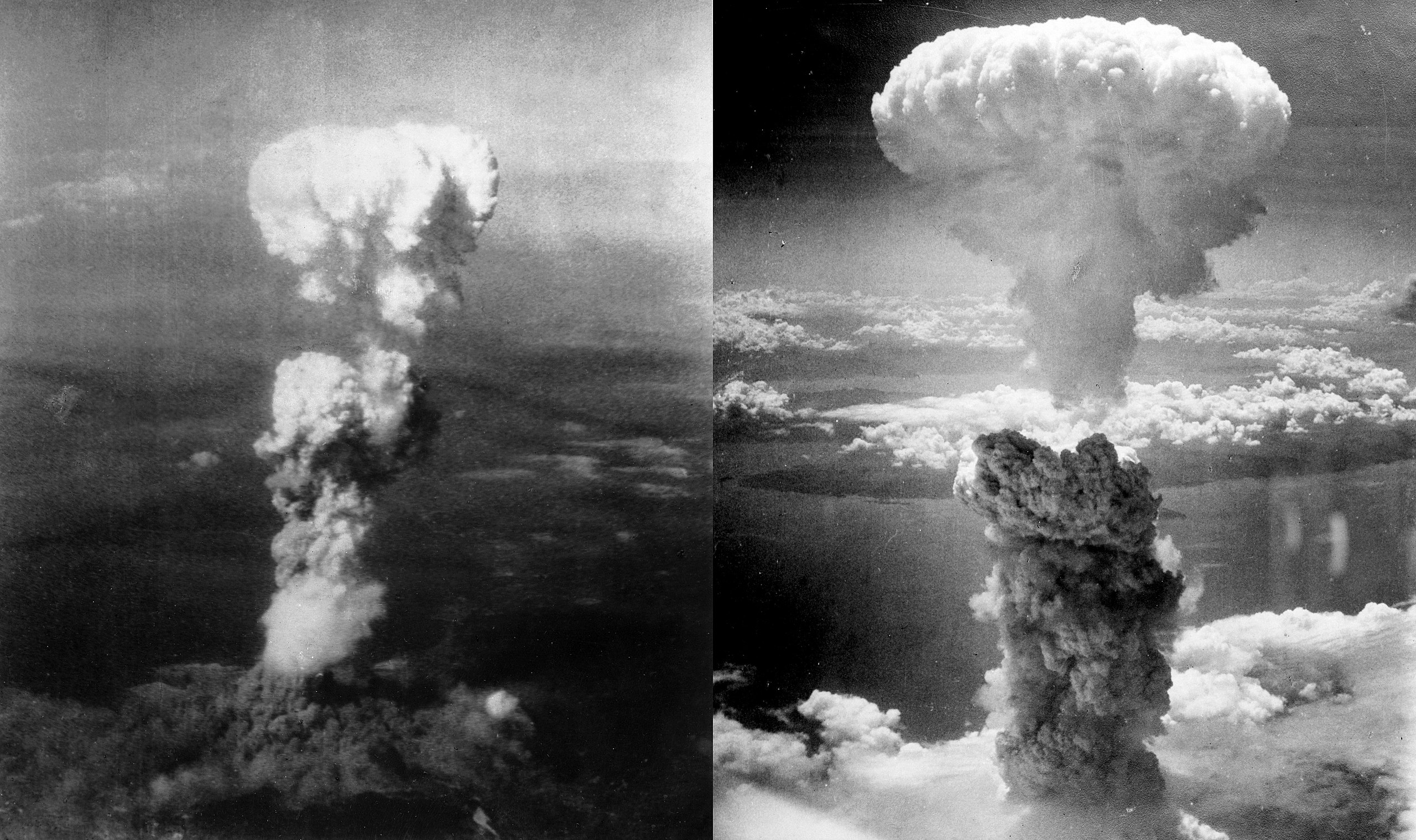More languages
More actions
(Redirected from Atomic bombing of Japan)

On 6 and 9 August 1945, the United States bombed the Japanese cities of Hiroshima and Nagasaki with nuclear weapons, killing around 200,000 civilians. It was the only time nuclear weapons have ever been used in warfare. In 1946, the U.S. Department of War admitted that the bombings were not necessary and that Japan would have surrendered in 1945 without either the bombings or a ground invasion. General and President Dwight D. Eisenhower also opposed the bombings.[1]
Background
Soviet troops entered Japanese-occupied Manchuria and Korea on 8 August 1945, exactly three months after Germany surrendered.[2]
References
- ↑ Ben Norton (2023-08-07). "Atomic bombing of Japan was not necessary to end WWII. US gov’t documents admit it" Geopolitical Economy Report. Retrieved 2023-08-08.
- ↑ Stephen Gowans (2018). Patriots, Traitors and Empires: The Story of Korea’s Struggle for Freedom: 'The Patriot' (p. 72). [PDF] Montreal: Baraka Books. ISBN 9781771861427 [LG]
